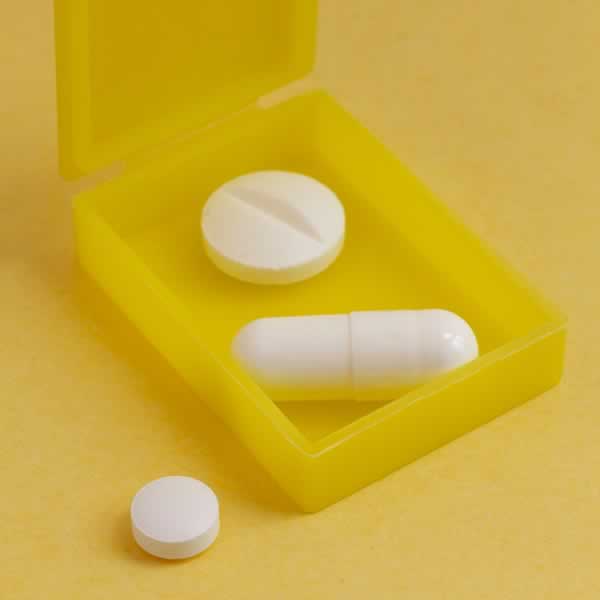The nutraceutical industry has seen tremendous growth in recent years, driven by increased consumer demand for health supplements. Behind every effective supplement lies advanced manufacturing technology, particularly in encapsulation and tablet production. Innovations in these areas are improving product quality, bioavailability, and overall consumer experience.
Capsules for Versatility and Efficiency
Capsules remain one of the most popular supplement formats. Modern encapsulation technologies allow for precise dosage, reduced ingredient degradation, and the ability to combine powders, pellets, or even liquid fills. Vegetarian-friendly capsules and specialized shells, like pullulan or HPMC, cater to dietary preferences while maintaining high-quality standards.
1. Direct Compression and Wet Granulation
Modern tablet production uses techniques like direct compression and wet granulation to enhance ingredient distribution and compressibility. Wet granulation improves flow and ensures uniform tablets, while direct compression offers efficiency for high-volume production.
2. Tablet Coating Technologies
Coatings are no longer just for aesthetics. Advanced coating techniques protect sensitive ingredients, mask unpleasant tastes, control release rates, and improve stability. Enteric coatings, for instance, ensure that ingredients bypass the stomach to reach the intestines for optimal absorption.
3. Custom Shapes and Sizes
Innovative tablet presses allow for custom shapes, sizes, and imprints, helping brands differentiate their products in a crowded market. Unique designs also improve dosing convenience and consumer appeal.
Improved Consistency: Modern machinery ensures each capsule or tablet meets precise specifications.
Enhanced Bioavailability: Better encapsulation and coating methods increase nutrient absorption.
Scalability: Advanced production lines allow brands to scale quickly without compromising quality.
Consumer Satisfaction: Customized shapes, flavors, and forms increase compliance and repeat purchases.
As technology evolves, the supplement industry will continue to see improvements in precision, efficiency, and consumer-focused innovation. Manufacturers that adopt these advancements can produce higher-quality supplements while meeting regulatory standards and market demands.
Conclusion:
Innovations in encapsulation and tablet manufacturing are transforming the supplement industry. By leveraging modern techniques, manufacturers can create products that are safer, more effective, and more appealing to consumers. Whether it’s capsules or tablets, these advancements ensure supplements meet the highest standards of quality and performance.
